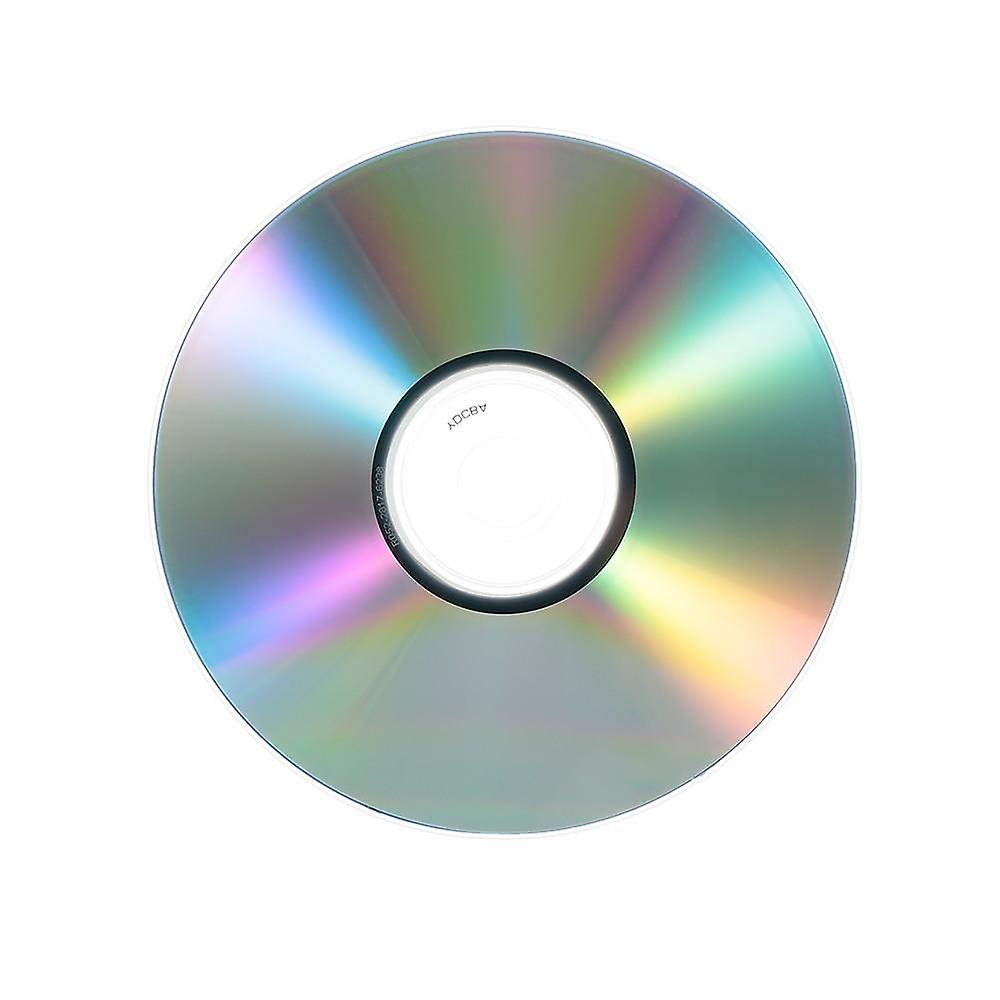With over 18 years of history, Blu-ray technology was designed to take CDs and DVDs to the next level. Not only can they hold significantly more data than their predecessors, but Blu-ray discs even let you view high-quality (and 3D content) that often are closer to the experience of watching in theaters than the compressed versions you’ll find elsewhere. Not to be confused with DVDs, Blu-ray discs use a different kind of laser technology, which eventually became the industry standard for film and movies by 2008. In part, this is due to the fact that its players could be backwards-compatible with DVDs, but not the other way around.
…
Although some things can (and have) lasted the test of time, the natural progression of most technology is that something becomes obsolete when a newer, better, or more efficient model comes along. In terms of the Blu-ray discs, there are several things that have pushed them to obsoletion.



Blu-Ray kind of shot itself in the foot by having an insanely restrictive copy protection (AAAC) applied, which made watching movies on a PC/Laptop all but impossible, especially offline (I traveled by train a lot in 2015)*. It was obviously broken fairly quickly, so they added BD+, which was also broken within 4 months.
It should be regarded as a cautionary tale against any form of copy pretention, but they sell the keys to the hardware suppliers, so I guess making the customer have a worse experience still paid off.
*No, paying PowerDVD a yearly ransom is not a valid solution
Blu-ray won over HDDVD via payola. Then it dried up. This decline has been foreseen for a while, but I’m disappointed Phillips hasn’t been muttering about super-dense DVD or a similarly shiny-sounding format to keep a sales channel and sell new IP.